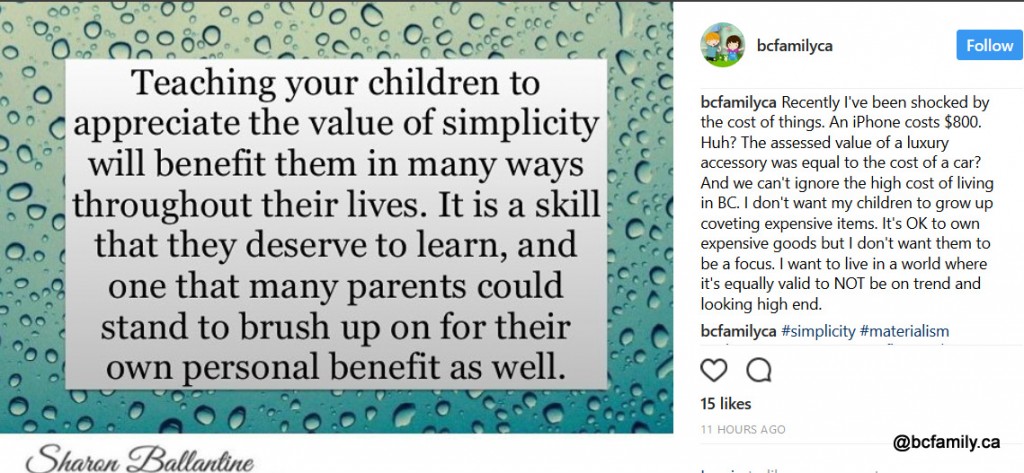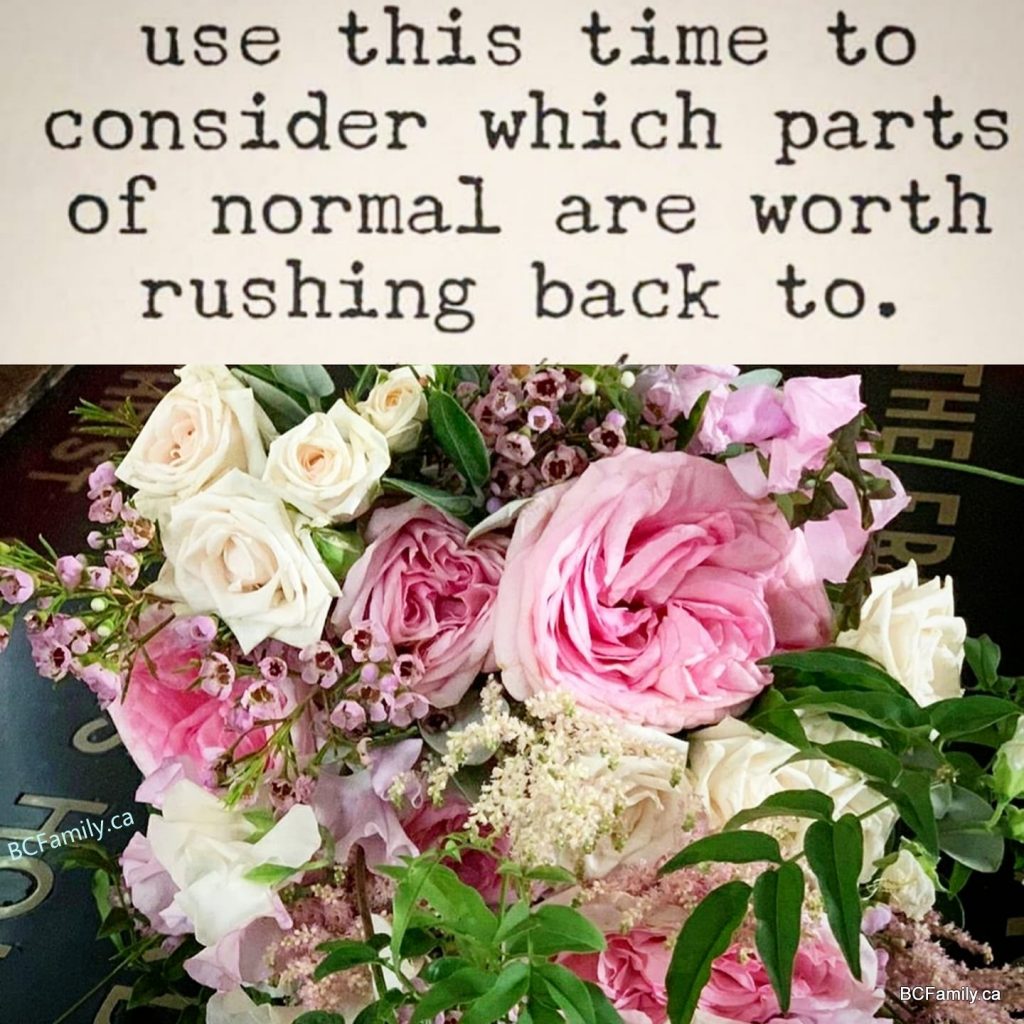
Pamela Chan, BCFamily.ca/ Editorial
Living simply and minimally ideas have become popular in recent years, along with downsizing shows and articles. Just when it looked like these ideas were firmly entrenched, and no young person would covet material goods ever again, along came the Modern Victorian trend. So now we can make a choice – have an empty room, with simple furniture and a laptop on view, or carefully display ornate Victorian era pieces. It’s clear that the Living Simply trend isn’t one size fits all. We’ve also got the Live Off Grid movement. Then there’s the Don’t Buy Anything for a Year concept and the Live in a Jazzed Up Van or Bus choice. Wait lists for allotment plots have gone from 4 to 6 years and sometimes even longer, depending on where you live. You probably know someone who is actually living in a Tiny House or raising chickens. Even Meghan and Harry have their own chicken coop in upscale Santa Barbara.
Living simply is an idea that is still very much on trend, in the limelight and being documented on Instagram and YouTube.
For many years, I’ve felt that it takes effort to live simply. This idea seems counter intuitive; however, this has been my personal, lived experience over the last 20+ years. Because what I’m talking about isn’t simply avoiding the purchase of material goods. It’s more about how you are moving through space and prioritizing your time and choices. Often I feel like the odd one out. The unfashionable one.
It takes effort to keep the pace and priority of your life feeling simple in the face of consumer trends and the fashion related to being busy.
What does this effort look like? Step one is that you have to say “no” to a lot of opportunities and ideas. If you’re not going out to multicultural restaurants that often, you’re going to have to do your own research, source out your own ingredients and learn to cook different cuisines from around the world. If you’re not taking your children to concerts, events, resorts and various opportunities (all of which is lovely, without a doubt) you will be making an effort to create other opportunities that are as enjoyable. Or you’ll be encouraging your children to go all 1970s with their summer plans. And just to clarify, some experiences which might seem simple and accessible can actually be expensive and not very accessible for about 20% of British Columbia’s families who live under the poverty line.
I want to live in a world where it’s OK to be that person who isn’t on trend. I don’t want to be in conversations where people I meet glaze over in my presence because I am not participating in their type of lifestyle choices. I don’t want to see the eye rolls when the party guest visiting from elsewhere would rather sit next to the person on a home visit from their life in Europe, instead of boring ol’ me.
I feel grateful for my friends and family members who understand my perspective and think it’s fine. I’m doing me. They’re doing them. We’re all good.
In our communities we were all in the “same storm” during the worst of the Covid pandemic but clearly we were in “different boats”.
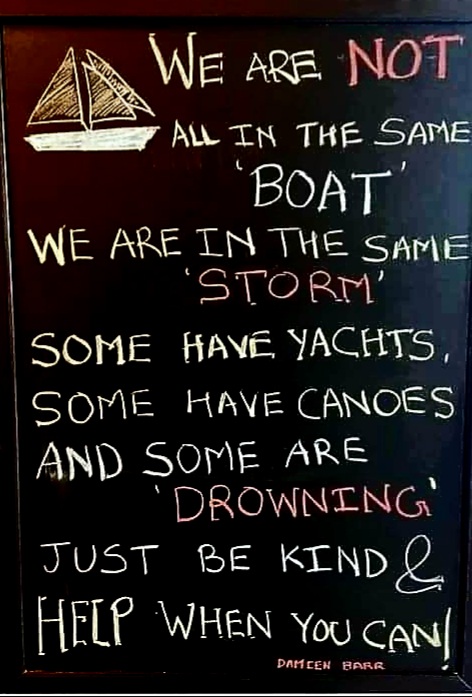
Despite the different realities of people’s lives in 2020 and 2021, there was still a noticeable simplicity to how almost everyone was living their lives. People weren’t flying frequently throughout the year. They weren’t even traveling within their province or across the metropolitan where they lived. People weren’t shopping in the stores as much or going out to events or restaurants a lot. People were reconnecting with old friends via E-mail and Zoom calls. They were spending more time outside doing free or low cost activities. The content being shared online showed a simpler lifestyle.
We have to acknowledge that many of these trends had downsides. The changes in engagement and spending affected people’s businesses and livelihoods. And of course people have the right to spend their money as they wish, and go from opportunity to opportunity. Except for the trust fund kids, most people are spending their own hard earned money. Some people are high energy and don’t stop. Others take a slower pace. Diversity makes the world go around. But I did notice that the people who are often very busy going from activity and trip to activity and trip slowed down considerably during the first two years of the pandemic.
Will we all be going back to our previous lifestyle choices in the next year or two, or will the forced simplification of our lives during the worst of the pandemic give us pause to think about a redesign of our priorities?
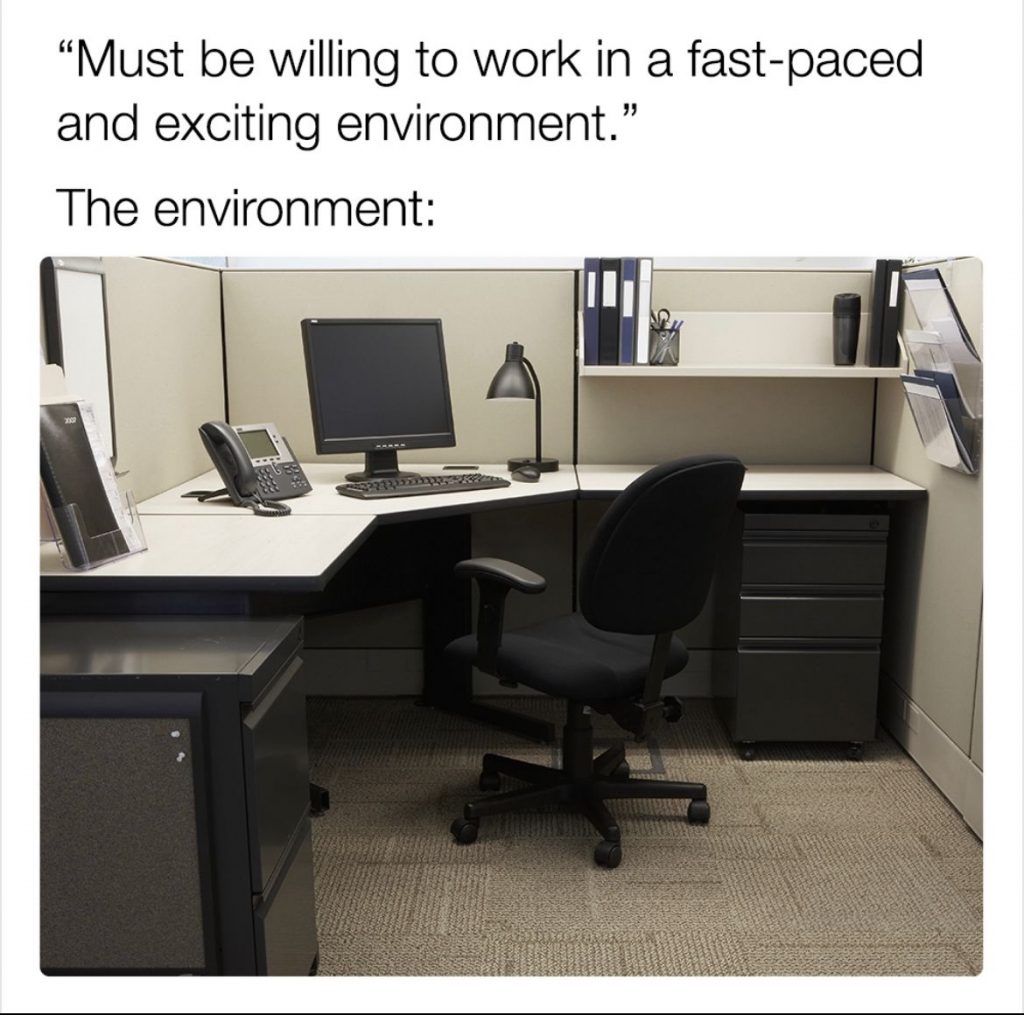
In the workforce, the effect of the pandemic has also caused noticeable disruptions worldwide that went beyond having access to more remote and hybrid work opportunities. Many employees of all ages have asked “do I want to be spending so much time in my day working in this type of job?”. As a result, many have left their jobs and moved on to other opportunities or retraining. In the retail and service industry employers are having a hard time filling positions and employees are sharing their reasons online. It’s not simply because “young people don’t want to work”. (This is the usual opinion that is held by the older set.)
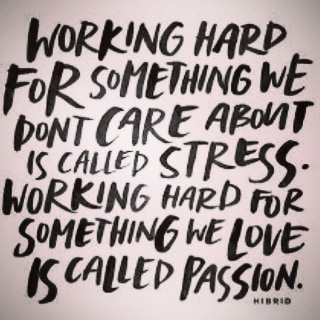
How do you keep your life simple outside of the demands of your work life? What effect has the pandemic had on the simplification choices that you have made and kept, or discarded? You can comment about this posting on the BCFamily.ca Facebook page. Your contribution matters so don’t be shy!
Related
Anti capitalism content is flooding TikTok
How to create modern Victorian interiors.
Introducing Modern Victorian and how to do it in your home.
The glorification of busy discussions and memes have been around for awhile. Here is the background behind a film that was made in 2014. This video includes many thoughtful insights from adults of all ages.

